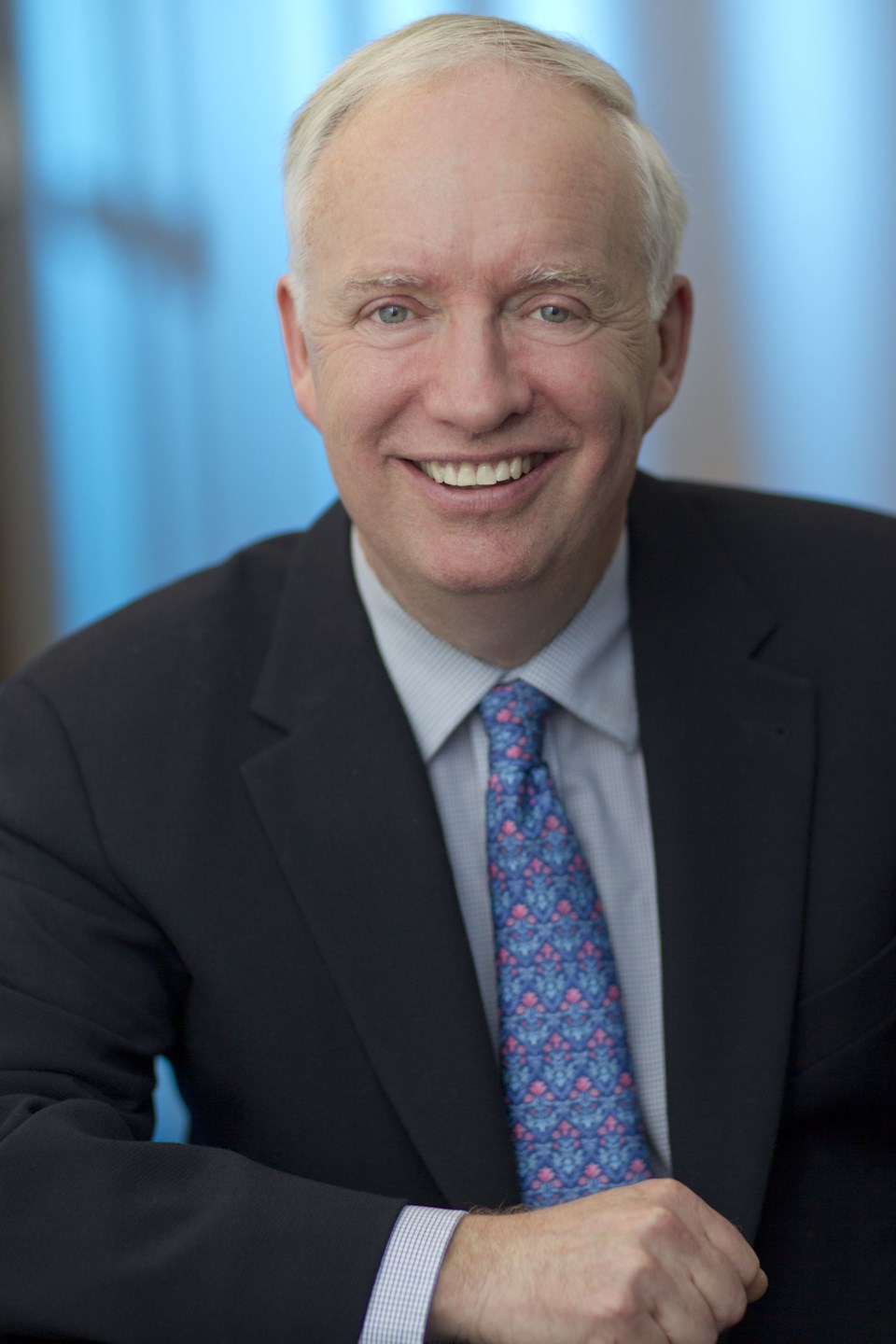For a high school dropout, Galt Wilson had done quite well for himself.
Not only did he go on to become a family physician in his hometown of Prince George, but he helped lay the foundation that gave rise to the Northern Medical Program, which continues to produce more homegrown doctors.
Long before that was possible, Wilson was an overachieving Grade 11 student at Prince George secondary school helping his PGSS team advance to the provincial final of the Reach For The Top TV quiz show. Sharp on geography, current events and politics, interests he picked up from his father Galt Sr., a prominent city lawyer, Wilson knew at age 15 he wanted a career in medicine and jumped at the chance to begin college studies in 1972.
"He was such a bright guy they allowed him to go from Grade 11 to the College of New Caledonia in a pilot accelerated program and we ended up going to university [at UBC] together," said Prince George family doctor Ed Turski, who will watch his friend Wilson be inducted into the Northern Medical Hall of Fame at the Civic Centre Saturday at the Bob Ewert Memorial Lecture and Dinner.
"He was an exceptionally good student and he always wanted to be doctor. You could truly say he was the father of the family practice residency program in Prince George."
After serving a one-year internship in Montreal and six months as an anesthetist in Vancouver, Wilson came back to northern B.C. in October 1980, thinking he'd set up shop in Prince Rupert, Terrace, or Smithers, but there were no positions available and he returned to Prince George to take over a family practice, a position he held for 30 years.
Wilson recognized the need for doctors to train in northern B.C. as a means to recruit and retain them in the region. At the time, there weren't enough doctors graduating from UBC willing to relocate to Prince George, so in the fall of 1994, he convinced UBC and the province to establish a family practice residency program. Starting in July 1995, doctors started arriving for two years of postgraduate training at the John MacKenzie Family Practice Clinic on Alward Street.
"Few of us had any formal training in family medicine, so we went into the office and did the best we could and our colleagues coached us," said Wilson, 57, the College of Family Practice of Canada's doctor of the year in 2000.
"We had the right number of doctors for the lifestyle we had, which was essentially to work all the time, sometimes working 24-hour shifts back-to-back. By the mid-1980s, that rough-and-ready learn-on-the-job style was near its end and new graduates weren't prepared to step into that role anymore and they stopped coming to Prince George, so we did some investigating and realized people needed to be better prepared and more formally trained."
Wilson encouraged family physicians to be full-service doctors, working in their own offices and seeing patients in hospitals, nursing homes, delivering babies and even making house calls, and the end result was many of them stayed.
By the time of the Condition Critical health rally in May 2000 attended by about 7,000 people at the building formerly known as the Prince George Multiplex, family doctors had been training in Prince George for five years, which made it a lot easier to sell the concept of a new medical school to teach the next wave of doctors.
"It takes a whole town to train a doctor and if I'm being recognized for anything it's probably my Tom Sawyer-type success, my capacity to persuade a whole bunch of super-busy people that they should do one more thing, to teach," said Wilson. "I would bet the medical community of Prince George is the most engaged in teaching of any town in Canada."
Wilson returned to university at UNBC in 2004 to set up the third- and fourth-year training programs for NMP students at UNBC. He left the city in 2009 for Vancouver, where he now has an administrative position investigating clinical performance complaints as deputy registar of the B.C. College of Physicians and Surgeons.



